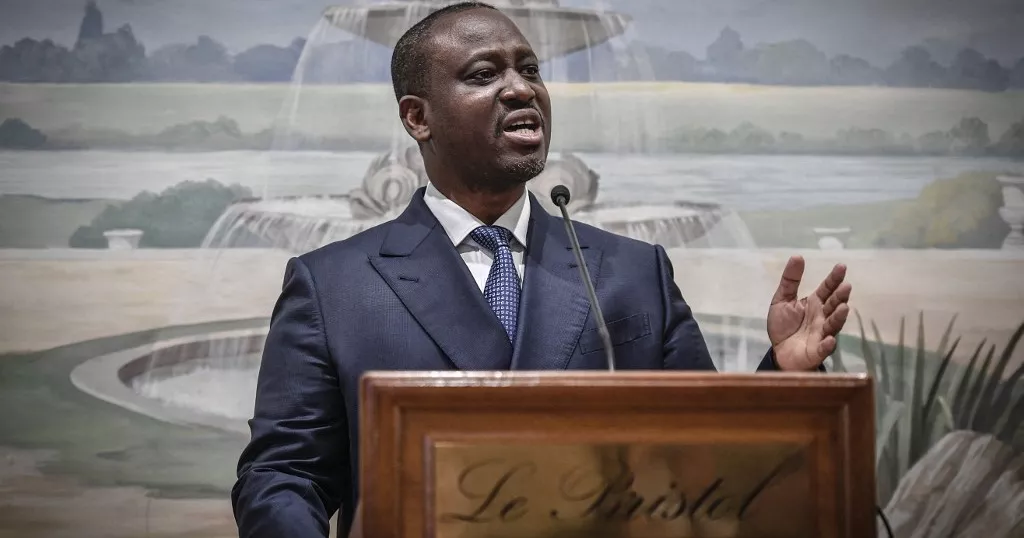
The Archdiocese of Abidjan has issued a formal denial following a viral social media post claiming that former Prime Minister Guillaume Soro was seeking refuge in a Catholic parish in the capital.
In a statement released on Friday, 29 August 2025, the Archdiocese described the rumours as “completely false,” emphasizing that no parish, presbytery, or church-affiliated residence in the II Plateaux district of Cocody—or anywhere under its jurisdiction—was sheltering Mr Soro.
The statement underlined the Church’s position against being used as a tool for political purposes or the spread of rumours that could disrupt public order.
“We urge internet users, media outlets, and citizens to act responsibly and remain calm,” it added.
Highlighting the heightened sensitivity in the pre-electoral period, the Archdiocese warned that false information could generate unnecessary tensions, suspicion, and a climate of distrust, ultimately undermining social peace.
“All parties, particularly political actors and opinion leaders, should prioritise serenity, truth, and dialogue in the national interest,” the note stated.
The Archdiocese reaffirmed that the Catholic Church’s mission is strictly spiritual, pastoral, and moral, focusing on proclaiming the Gospel, promoting peace, and defending human dignity.
It insisted that the Church would not engage in activities contrary to the law under any circumstances.
“Given the numerous challenges our country faces and the upcoming presidential election on 25 October 2025, we reiterate our commitment to social cohesion and national reconciliation,” the statement concluded.
The clarification comes amid rising political tensions in Ivory Coast as the nation approaches one of its most closely watched elections in recent history.
By issuing the denial, the Archdiocese aims to prevent misinformation from inflaming public sentiment and to maintain the Church’s position as a neutral, peace-promoting institution in Ivorian society.
Authorities and church leaders continue to call for calm, urging both citizens and media to verify information before dissemination, particularly in a period marked by political sensitivity and potential volatility.



